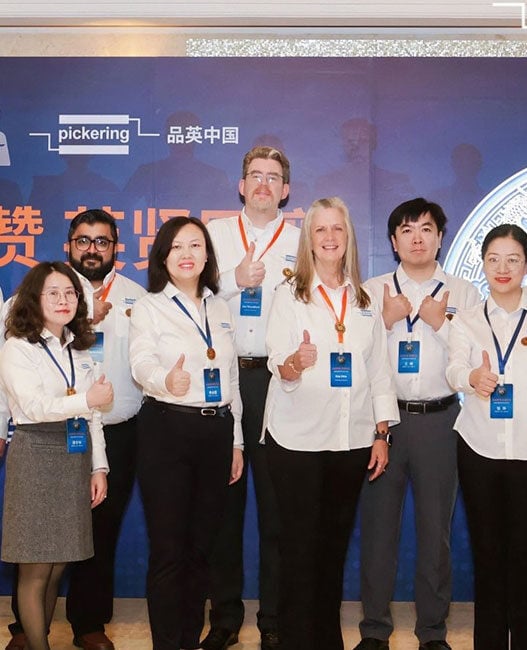There is a shortfall of between 37,000 and 59,000 in meeting the annual demand for core engineering roles requiring level three plus skills. These skills include coding and programming, machine learning and artificial intelligence (AI), automation and process control.
It’s vital that the focus remains on the importance of skills. In order to make up the current skills shortage, the future generation must retrain, educate and upskill.
Dayne Turbitt, Senior Vice President and GM at Dell Technologies commented: “The digital skills gap is just getting bigger and bigger, so we need to act on this, and we need to act quickly.”
Who needs upskilling?
The generation of students who will be the engineers of 2030 have already left the education system. Through a collective effort from the STEM industry, government and educators need to commit to supporting lifelong learning and professional development. This will ensure the next generation of engineers develop the necessary skills to cope within an increasingly technology-driven world.
Upskilling is not limited to the younger generation and student engineers. Everyone within the engineering industry could benefit from upskilling to ensure they are equipped with the necessary skills to deal with the digital revolution and development of technological advancements.
There is a need to ensure that the future generation have the relevant skills by proactively altering the education system. A greater focus is needed on the existing workforce and their capability to engage with and further develop technological advances.
How are we going to upskill engineers?
Life-long learning
Due to the rapid advancements in technology, there is a need to ensure that engineers are being taught skills that they may not have been previously.
Kwasi Kwarteng MP, Secretary of State for Department of Business, Energy and Industrial Strategy said: “People were worried about AI and machine learning taking jobs away, actually it has done the opposite and really accelerated it. But now we have a shortage of people, so it is about education, retraining and reskilling.”
It is recognised that engineers need to be adaptable to succeed, meaning they must be willing to learn and retrain when necessary. Gone are the days of believing that once you leave the formal education system, your education ceases to continue. Employers are aware of the importance of moulding the workforce to meet changing requirements and the wider industry advances.
The 10/20/10 model for learning, put forward by the Center for Creative Leadership, says the best way to learn is through a combination of industry experience, developmental relationships and structured training, as demonstrated by the table below.

Make engineering more inclusive
It is no secret that there aren’t enough female engineers within the industry, this also applies to Black Asian and Minority ethnic (BAME) communities. Not being representative enough of wider society has an impact when attempting to attract young talent, contributing to why there aren’t enough young people choosing to study STEM subjects.
To attract a more diverse cohort of engineers, the industry needs to better represent these minority groups.
More STEM educators and support
Having more STEM educators within the education system will inspire and create greater opportunities for young people.
There continue to be shortages of specialist subject teachers in STEM-related subjects, including mathematics, physics, computing and design. Keeping existing teachers within schools as well as the failure to recruit sufficient graduate teachers contributes to the problem of staff retention.
The new syllabus for computing has increased the focus on computer science and programming, which is a positive initiative to the curriculum.
Soft skills
It is equally important for engineers to focus on improving their soft skills. As aspects of jobs become automated, engineers will still be expected to demonstrate strong leadership, communication and teamwork skills, to name a few. This ensures smooth running of a team or company and is important to continuously build such skills.
Going forward
The industry and professional bodies need to work as one to drive upskilling and reskilling amongst current engineers, and the future generation.
A long-term strategy is needed, focusing on investment in STEM education and skills – and engineering careers are a central part of this.













